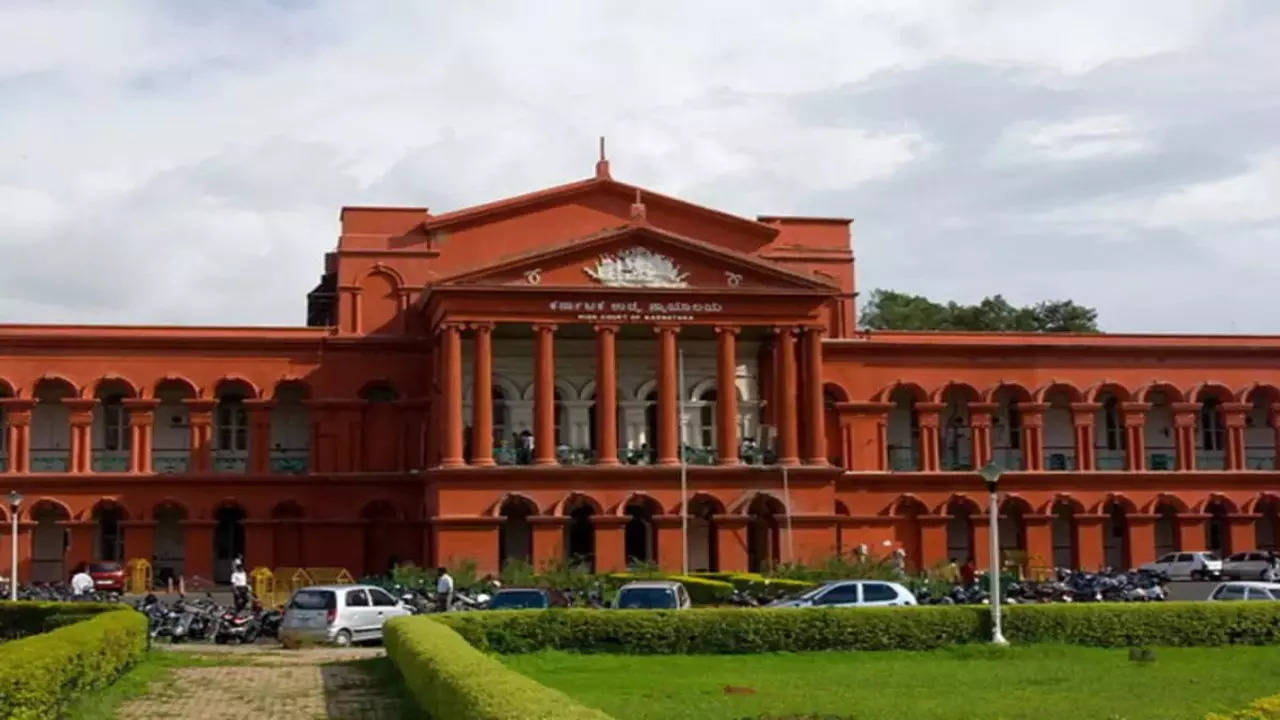
BENGALURU: Even if notional income is to be considered for determining compensation in a motor vehicle accident case, it should be rational and sensible, the high court observed in a recent judgment.
"If not, the very object of awarding compensation gets defeated. Compensation awarded by taking grossly inadequate notional income cannot be termed compensation in the truest sense of the word. While deciding cases relating to compensation payable, courts and tribunals need to be alive to the changing situations," Justice Anant Ramanath Hegde said, while granting a compensation of Rs 11 lakh with 6% interest in an accident case. Ravikumar DY, 17, was killed in Bengaluru in 2013, when a KSRTC bus dashed against the Toyota Quails in which he was travelling.
On January 31, 2015, the Motor Accident Claims Tribunal in Bengaluru awarded Rs 5.4 lakh as total compensation (without interest) by taking Rs 30,000 per annum as the teenager's notional income. The tribunal awarded Rs 4.8 lakh under 'loss of dependency', Rs 50,000 under the head of 'love and affection', and another Rs 10,000 towards funeral expenses.
The boy's parents and brother moved the high court, seeking higher compensation. It was contended that the deceased was a student aged 17 and the high court, in recent judgments, had considered such minors as adolescents. KSRTC argued there is no pleading with regard to income of the deceased, except saying he was studying in class 10.
1992 case as comparison
After perusing materials and judgments relied upon by the parties, Justice Hegde noted that determination of Rs 30,000 as notional income was too low. He pointed out that in Kishan Gopal vs Lala case, the Supreme Court had granted Rs 5 lakh as compensation to a boy aged 10, whose death occurred in 1992, by taking his notional income as Rs 30,000 per annum.
"To put it simply, compensation of Rs 5 lakh was determined taking into account the value of the rupee in 1992. But for this death that occurred in 2013, Rs 5.4 lakh has been awarded. The fallacy is apparent. The value of the rupee was far greater in 1992 than in 2013," the judge noted. Justice Hegde said since 1992, there has been a steady erosion in the value of the rupee and consequently, cost of living has gone up.
"Wages have also witnessed an upward revision. The logical corollary is that notional income to be determined to assess compensation for a death that occurred in 2013 should also be more than the notional income fixed in 1992," the judge said.







